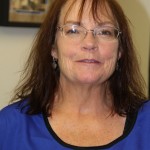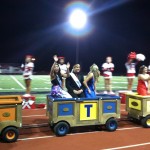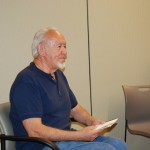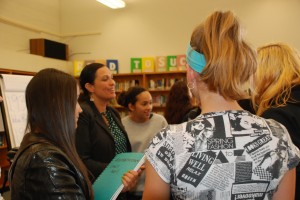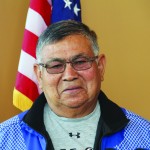Totem Middle School teachers reach out to parents
Article and photo by Jeannie Briones
TULALIP, Washington – Teachers are always looking for ways to better communicate with their students, and now they are reaching out to the parents. Community Partnership, a new program at Totem Middle School, is simply designed for teachers to meet one-on-one with parents outside of the classroom, at their homes or any other location of the parents choosing.
These out-of-classroom visits enable the teachers and parents to form better relationships and build trust. Questions such as, what are your child’s hopes and dreams, bring both teachers and parents to a common understanding about the kids needs and academic standing.
Daniel Natividad, Native Equity Access Specialist and Interim Associate Principal for Totem Middle School is elated with the progress the program has made so far. In the few months that the program has been in operation, school staff has seen an improvement in attendance and test scores and a decrease is suspensions and expulsions, along with less vandalism around the school.
“It’s been a positive program,” said Daniel, referring to the positive changes in the children’s behavior.
Staff is striving to make 60 home visits to parents by the end of the first quarter of school. 25 visits have already been made, ten of these to tribal member families.
Teachers have received warm welcomes from the families, many of which give thanks to Totem Middle School staff for taking the time to show they care about their child’s education.
“It’s all about building a relationship, and once we have that relationship, everyone is going to be successful,” said Daniel.
Staff are available to meet with parents after school and weekends. For more information, contact Daniel Natividad at 360-653-0608 or email, Daniel_natividad@msvl.k12.wa.us.




